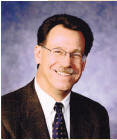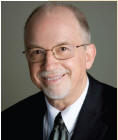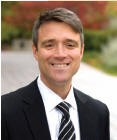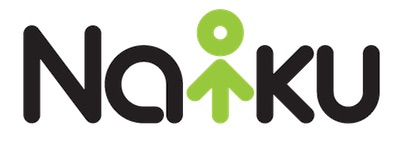As we move toward the start of the 2011-12 school year educators across the country are looking to improve their skills. Last week I attended a conference in Moorhead Minnesota titled: “Teaching & Learning: Focus on Effectiveness”. This daylong conference was attended by over 250 educators from the Fargo – Moorhead area. It included the following three keynote speakers:
 Dr. Mike Schmoker, a former school administrator, teacher and coach, is an author (FOCUS: Elevating the Essentials to Radically Improve Student Learning) and the national consultant who looks at clarity of purpose.
Dr. Mike Schmoker, a former school administrator, teacher and coach, is an author (FOCUS: Elevating the Essentials to Radically Improve Student Learning) and the national consultant who looks at clarity of purpose.
 Larry Ainsworth, Executive Director of Professional Development at The Leadership and Learning Center in Englewood, Colorado, helps school districts implement standards-based practices and develop common formative assessments.
Larry Ainsworth, Executive Director of Professional Development at The Leadership and Learning Center in Englewood, Colorado, helps school districts implement standards-based practices and develop common formative assessments.
 Kent Pekel, founding Executive Director of the University of Minnesota’s College Readiness Consortium, provides students with the knowledge, skills and habits for success in higher education.
Kent Pekel, founding Executive Director of the University of Minnesota’s College Readiness Consortium, provides students with the knowledge, skills and habits for success in higher education.
Each speaker brought a different perspective on building effective learning environments.
Dr. Shoemaker discussed the need to do the “right things”. He suggested that it is better to pick a few state or common core standards, and then make sure you do a great job on those specific key standards. His main theme was to; first, focus your efforts on a smaller number of things, and second, make sure your teaching strategies include reading rich material, requiring reflection and discussion, and lots of writing.
Larry Ainsworth spoke about the need to focus on the data that will help you modify teaching practices to get the best outcomes. Proper use of common formative assessments is the key to understanding student needs and providing differentiated instruction. By using “Data Teams” to analyze information educators can begin to predict how students are likely to do on subsequent assessments. These teams can also work together to improve those outcomes.
Kent Pekel laid out the case for why it is increasingly more important to prepare students for college level work. He showed how the United States education system stacks up with other countries. The rest of the world is increasing in college completion while the US has been fairly stagnant over the past 20 years. Kent also discussed a variety of Minnesota statistics showing the increasing number of jobs require at least some college and the decline of jobs that required only a high school degree.
I particularly liked Larry Ainsworth’s discussion about common formative assessments. Since the onset of No Child Left Behind (NCLB) the US has spent more than a decade focused on accountability and assessment. In the past couple of years, however, educators have shown increasing frustration about waiting for results from summative assessments. Smart educators are changing this paradigm by using regular formative assessments to help differentiate instruction and thus improve student achievment.
Naiku provides a variety of tools designed to make educators much more effective. Specifically, using the Naiku platform to easily create, deliver, and analyze common formative assessments allows teachers to focus their efforts on individual student needs.
It was great spending some time with educators who are passionate about learning and improving their skills. It confirmed my commitment to make sure these educators have access to tools that will ensure success. All our students deserve nothing less.

